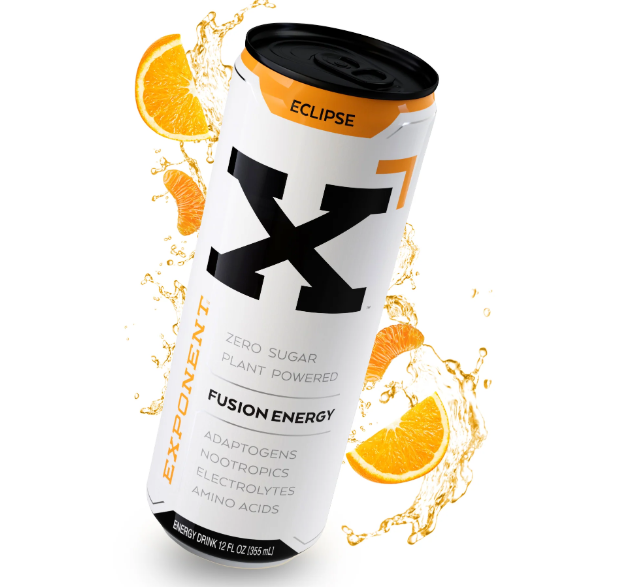Many people seek energy drinks that provide a boost without the downsides of added sugars and empty calories. Sugar-free energy drinks have risen in popularity because they offer sustained energy while avoiding sugar crashes and excess calorie intake.
The best sugar-free energy drinks combine effective caffeine sources with beneficial ingredients like B vitamins and electrolytes to support stamina and focus without compromising health. These options are tailored for those who want energy and hydration without unhealthy additives.
Choosing a healthy energy drink requires attention to ingredient quality and nutritional value. Brands now offer a variety of sugar-free choices designed to fit different lifestyles and dietary needs, from keto-friendly formulas to natural caffeine blends.
What Makes the Best Sugar Free Energy Drink
The best sugar-free energy drinks balance effective energy-boosting ingredients with health-conscious choices. They use alternatives to sugar that avoid crashes, incorporate reliable caffeine sources, and include components that support overall well-being.
Key Ingredients for Healthy Energy Drinks
Healthy energy drinks often contain caffeine, B vitamins, and antioxidants. Caffeine provides the main stimulant effect. B vitamins, such as B6 and B12, support metabolism and energy production at the cellular level.
Antioxidants like green tea extract can reduce oxidative stress and improve focus. Some drinks add amino acids like taurine, which may enhance endurance. Electrolytes like magnesium and potassium help maintain hydration, especially when physical activity is involved.
The concentration of these ingredients should be moderate, avoiding excessive stimulants or artificial additives that could cause adverse effects.
Sugar Alternatives and Their Benefits
Sugar-free energy drinks typically replace sugar with sweeteners like stevia, erythritol, or sucralose. Stevia and erythritol are natural, low-calorie options that do not raise blood sugar levels, beneficial for weight management and diabetic concerns.
Sucralose is an artificial sweetener that provides sweetness without calories but may carry concerns with long-term consumption for some users. Sugar alcohols like erythritol also add a slight cooling effect and reduce calorie content.
Choosing the right sugar alternative depends on taste preferences and any sensitivity to sweeteners. Natural alternatives often appeal more to those seeking a cleaner ingredient list.
Effectiveness of Natural vs. Synthetic Caffeine
Caffeine sources in energy drinks vary from natural extracts like green tea or guarana to synthetic caffeine. Natural caffeine often comes with additional compounds like antioxidants, potentially offering a smoother energy boost with fewer jitters.
Synthetic caffeine delivers a purer, faster stimulant effect and is typically less expensive. However, it may cause stronger crashes or increased tolerance over time.
The choice impacts the drink’s absorption rate and side effects, so the best sugar-free options balance caffeine amount and source to maintain steady energy without overstimulation.
Top Healthy Energy Drink Brands
Many healthy energy drink brands focus on reducing sugar while maintaining effective caffeine levels. Key factors include ingredients, nutritional content, and flavor variety to meet different preferences and dietary needs.
Popular Sugar Free Options
Brands like Alani Nu, Zevia, and Reign Total Body Fuel offer popular sugar-free energy drinks. These options typically have 200 mg or less of caffeine, catering to those seeking a moderate energy boost without excess sugar.
Red Bull Sugarfree and Monster Zero Ultra are also widely recognized for their sugar-free formulations. These drinks often use artificial sweeteners to replace sugar, minimizing calorie intake while providing a similar taste experience.
The rise in popularity of these beverages aligns with consumer interest in avoiding sugar-related health risks like diabetes, obesity, and heart disease.
Evaluating Nutritional Value
Evaluating energy drinks involves checking caffeine content, sugar levels, ingredient quality, and added vitamins. Healthy options often include B vitamins and electrolytes, which support energy metabolism.
Sugar-free drinks avoid added sugars, helping reduce calorie consumption. Some brands use natural sweeteners or non-nutritive ones to maintain flavor without increasing glycemic load.
Artificial ingredients vary; some consumers prefer drinks free from synthetic dyes and preservatives. Transparency in labeling and ingredient sourcing is important when assessing the healthfulness of energy drinks.
Taste and Flavor Comparisons
Sugar-free energy drinks differ significantly in taste. Brands like Alani Nu and Zevia tend to focus on natural flavors, offering fruity or lightly sweetened options that avoid artificial aftertaste.
Conversely, more mainstream brands such as Red Bull Sugarfree have a distinct, sharper flavor often described as medicinal or metallic by some consumers.
Flavor variety expands choices; Reign Total Body Fuel incorporates flavor and functional ingredients targeting performance and taste. Personal preference plays a large role in deciding which sugar-free drink is most enjoyable, balancing flavor with health priorities.






0 Comments